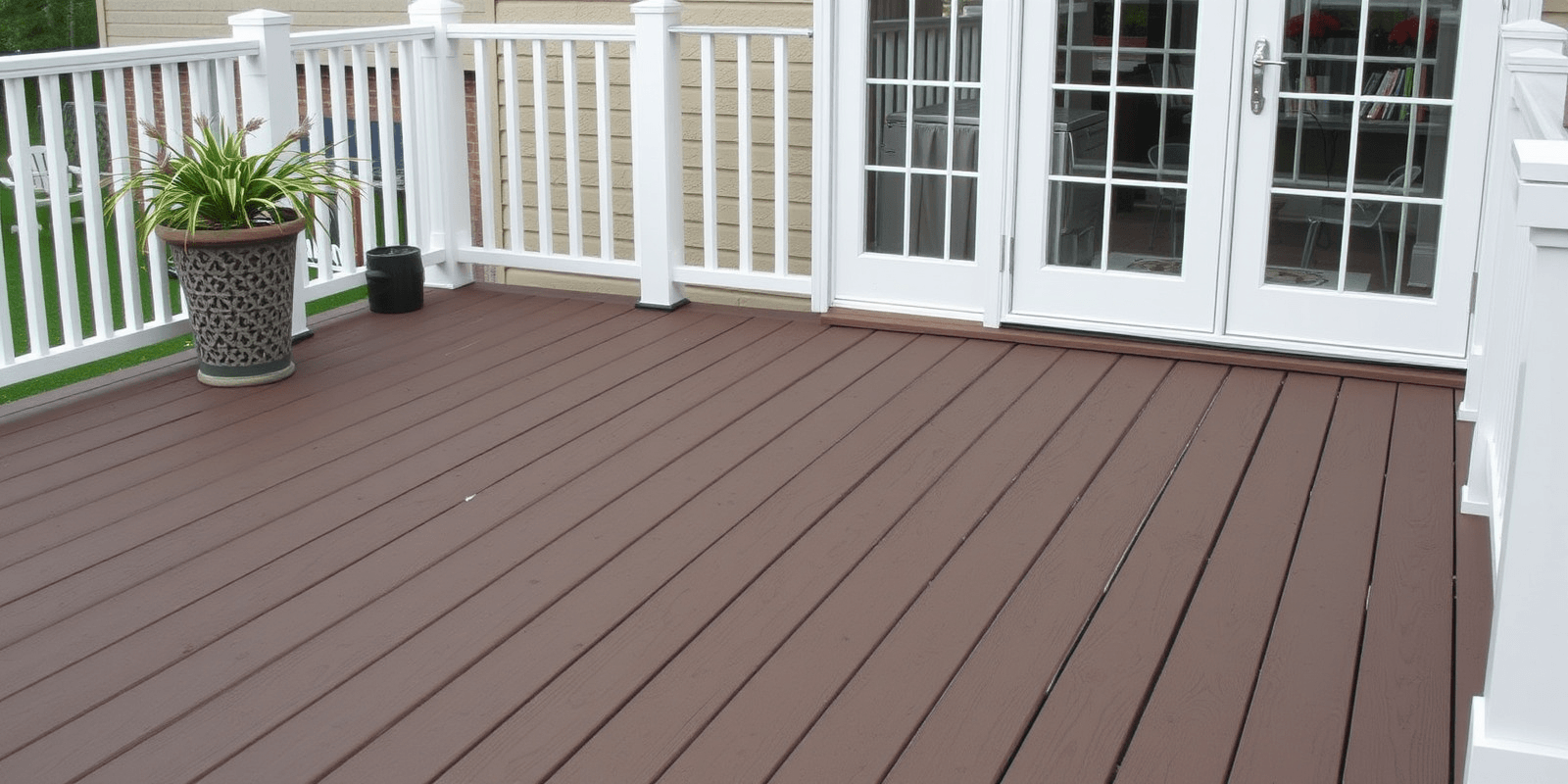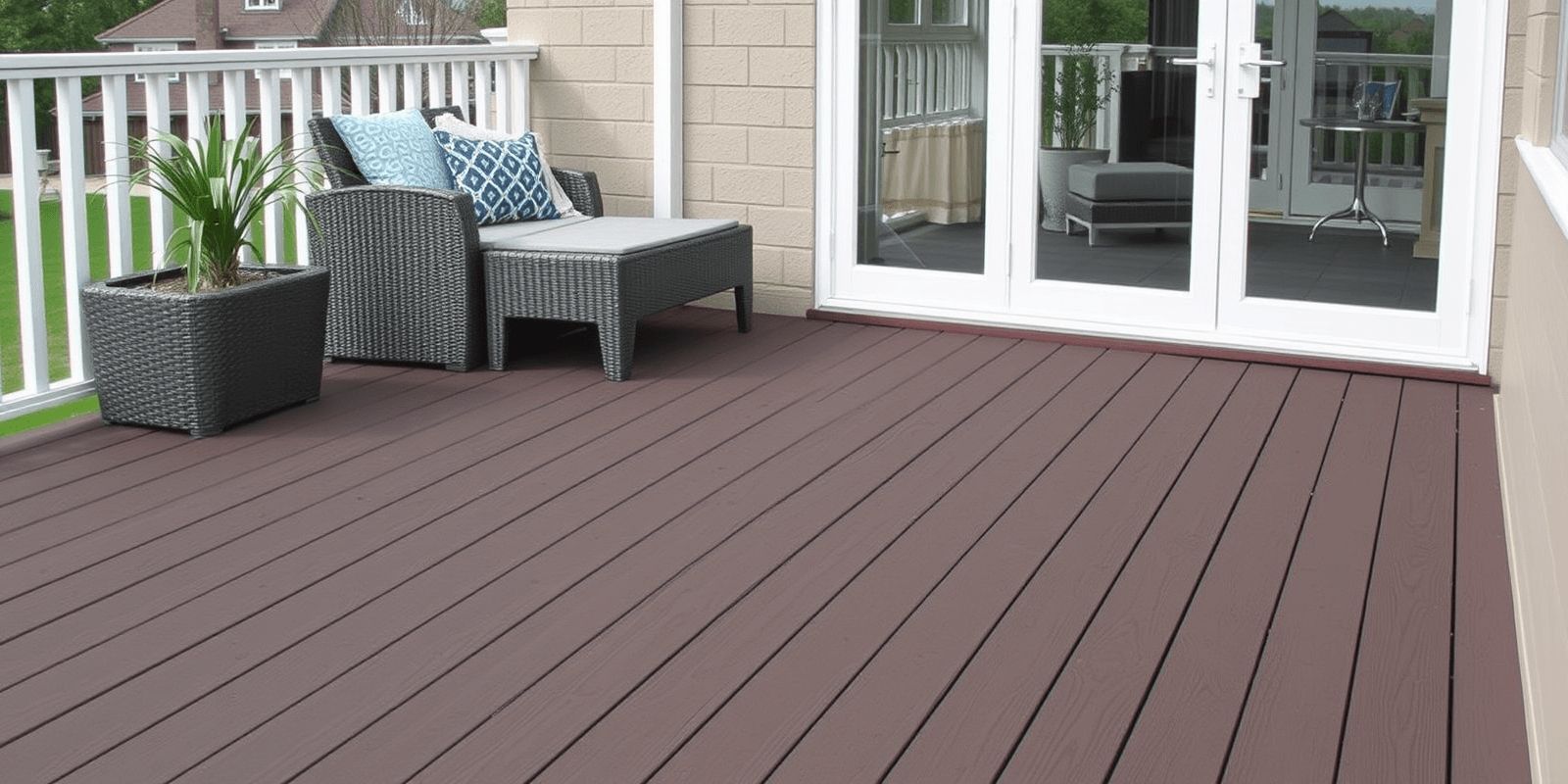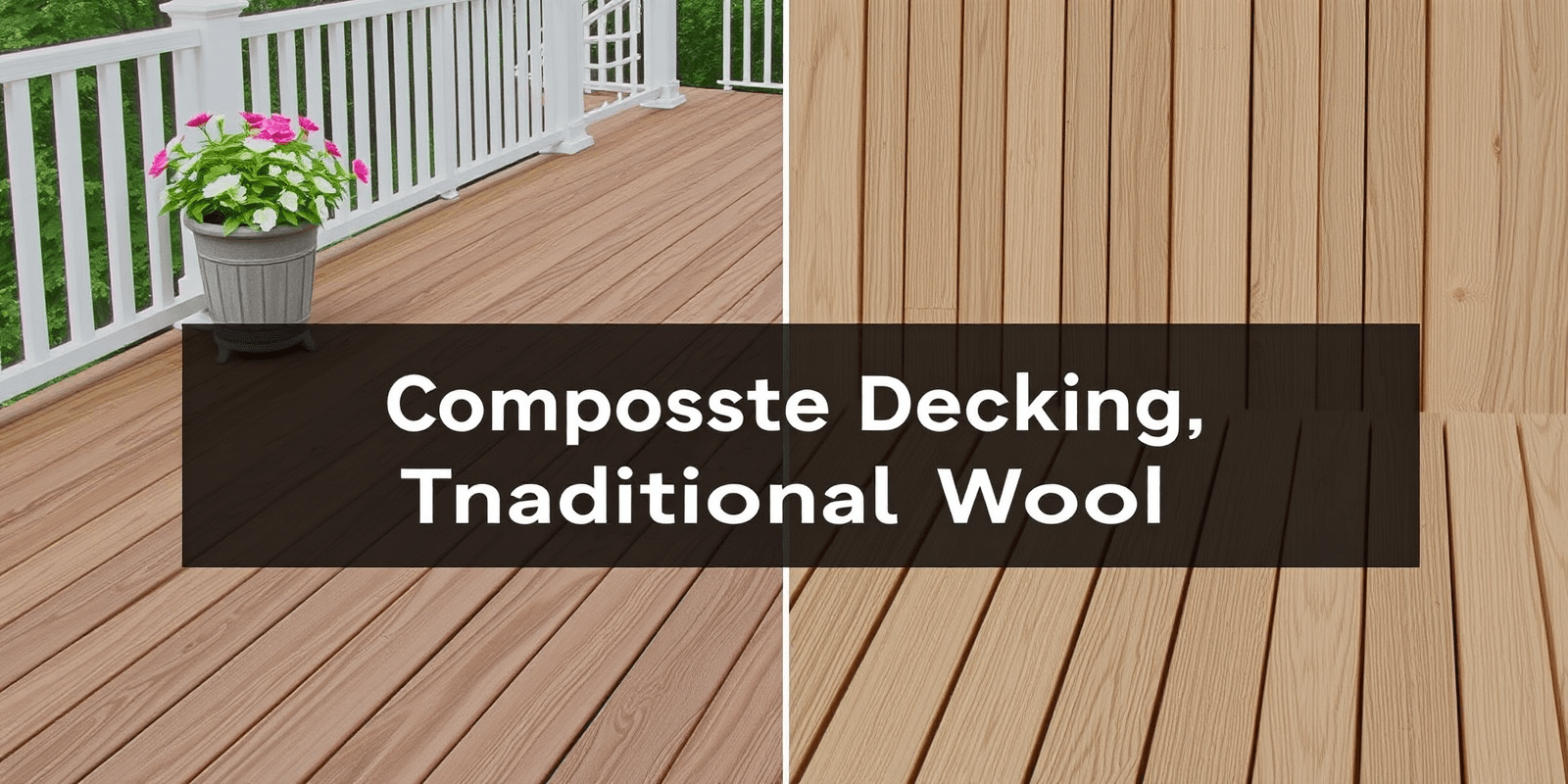TREX Composite Decking Boards: A Sustainable Choice for Your Home
The Environmental Benefits of TREX Composite Decking Boards
In a world increasingly focused on sustainability, the choice of building materials plays a crucial role in reducing our environmental impact. Among the many options available, TREX composite decking boards stand out as a prime example of eco-friendly construction materials. These innovative boards are made from a blend of recycled plastic and reclaimed wood fibers, providing a sustainable alternative to traditional wood decks. By choosing TREX composite decking, homeowners can contribute to reducing landfill waste and conserving natural resources.
Recycled Materials and Their Impact
One of the most compelling features of TREX composite decking boards is their composition. Each board contains a significant amount of recycled plastic, such as grocery bags and plastic film, as well as reclaimed wood fibers. This not only reduces the demand for virgin materials but also diverts waste from landfills. According to a report by the Environmental Protection Agency (EPA), recycling one ton of plastic can save up to 7.4 cubic yards of landfill space. By using these recycled materials, TREX is effectively reducing the overall environmental footprint of the decking industry.
Reduced Carbon Footprint
Another key benefit of TREX composite decking boards is their lower carbon footprint compared to traditional wood decks. The production process of composite decking requires less energy than harvesting and processing virgin wood. Additionally, the use of recycled materials means that fewer greenhouse gases are emitted during manufacturing. Studies have shown that composite decking can reduce carbon emissions by up to 50% when compared to wood decks. This reduction is significant, especially considering the long lifespan of composite decking, which can last up to three times longer than traditional wood decks.
NREL Study on Carbon Emissions
Durability and Maintenance
While the environmental benefits of TREX composite decking boards are impressive, it’s equally important to consider their performance. Unlike traditional wood decks, which require frequent staining, sealing, and replacement due to rot and decay, composite decking offers superior durability and minimal maintenance. TREX boards are resistant to moisture, insects, and UV rays, making them ideal for various climates. They do not warp, splinter, or crack, ensuring a beautiful appearance year after year. Moreover, they come with a limited lifetime warranty, offering peace of mind to homeowners.
Comparing Composite to Traditional Wood Decks
When comparing TREX composite decking boards to traditional wood decks, the advantages become even more apparent. While wood decks may initially appear more cost-effective, their higher maintenance requirements and shorter lifespan make them less economical in the long run. Composite decking, on the other hand, requires minimal upkeep and lasts significantly longer, translating into substantial savings over time. Additionally, the aesthetic appeal of composite decking remains consistent, without the need for regular touch-ups or replacements.
Conclusion
Choosing TREX composite decking boards is not just a decision for your home; it’s a commitment to a greener future. With their recycled materials, reduced carbon footprint, and superior durability, these innovative boards offer a sustainable solution that stands the test of time. As we continue to seek ways to minimize our environmental impact, TREX composite decking serves as a shining example of how modern technology can align with ecological responsibility.



